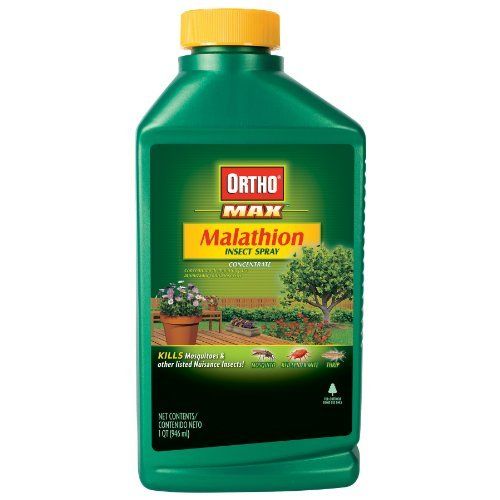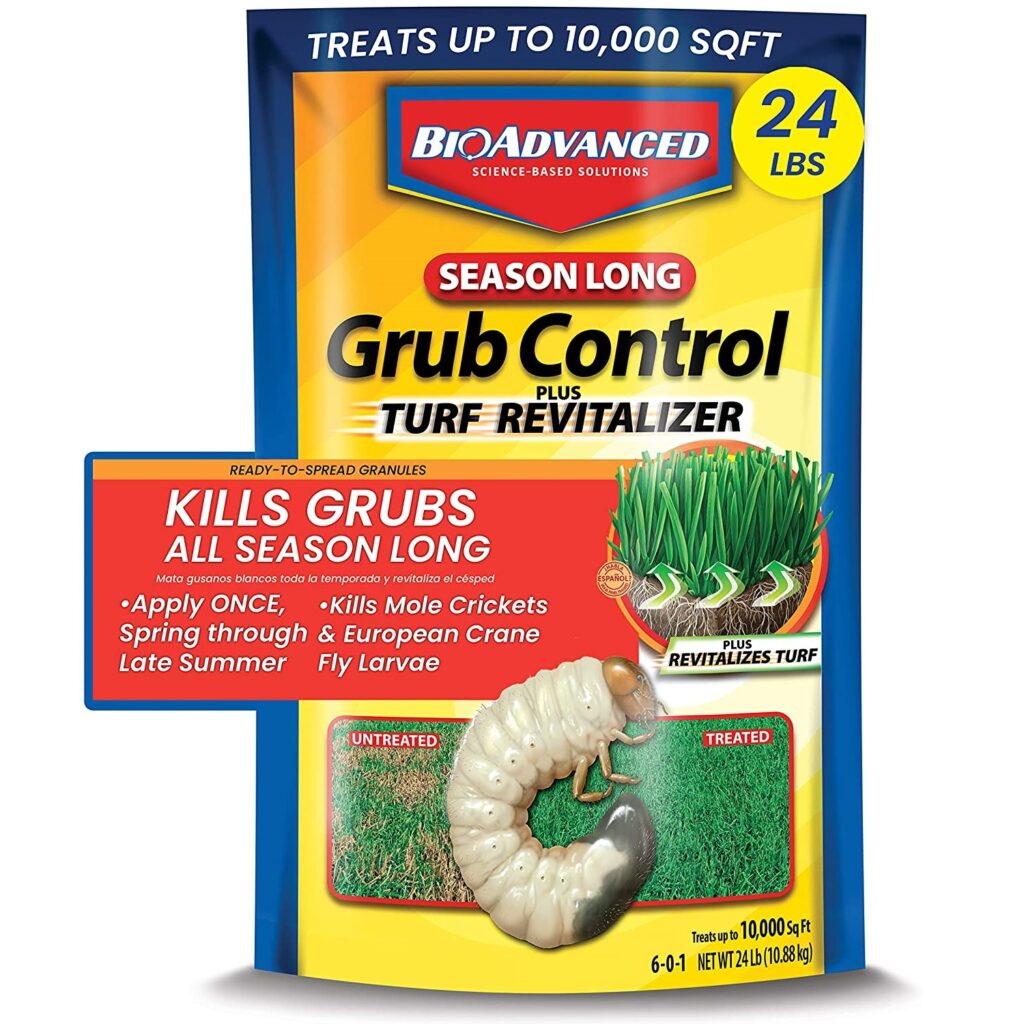Storing liquid garden chemicals properly is crucial for safety, preserving their effectiveness, and protecting the environment. Ideally, this should be a cool, dry, and well-ventilated space, such as a shed, garage, or outdoor storage cabinet. Avoid areas exposed to direct sunlight, heat sources, or extreme temperatures. Additionally, ensure the storage area is secure, out of reach of children and pets, and, if possible, use a locked cabinet for added safety. Do not allow them to freeze. This will break the suspension of particles and depending on what the chemical is, may make them inert.

Always store chemicals in their original containers. These are specifically designed to prevent leaks and spills while maintaining the integrity of the product. Transferring chemicals to other containers, particularly food containers, can lead to dangerous accidents and confusion. Ensure lids and seals are tightly closed after each use to prevent spills, evaporation, or contamination.
Do not allow them to freeze. This will break the suspension of particles and depending on what the chemical is, may make them inert. Store these in areas where the temperature remains stable and above freezing. Regularly check the expiration dates on your garden chemicals and dispose of any expired or unused products following your local hazardous waste disposal guidelines.
Do not remove labels. For instance, there are different types of Malathion which have different rates of usage. Most chemicals, kept properly, can be used for several years.
Proper storage of dry garden granules, such as fertilizers, pesticides, and soil amendments, is essential to maintain their effectiveness, ensure safety, and prevent contamination. Start by choosing an appropriate storage location. Granular products should be kept in a cool, dry, and well-ventilated area, away from direct sunlight, heat sources, and moisture. Humidity and water can cause granules to clump, dissolve, or lose their potency. A shed, garage, or similar space works well, but ensure it is away from areas accessible to children and pets. If possible, use a locked storage cabinet for added security.
Always store granular products like grub control in their original packaging. These containers are designed to protect the contents from environmental factors and provide critical information, such as usage instructions, precautions, and expiration dates.

Keep granular products off the floor to prevent moisture damage and consider placing them on shelves or inside bins. Group similar products together, such as fertilizers, weed killers, and pest control granules, but avoid storing incompatible materials close to one another. For example, keep chemicals away from soil amendments.
Regularly check the condition of stored granules and their containers. Discard any products that show signs of contamination, clumping, or have surpassed their expiration date, following your local hazardous waste disposal guidelines.
By taking these precautions, you can ensure the safety and effectiveness of your dry or liquid garden chemicals while minimizing potential hazards to yourself, your family, and the environment.
